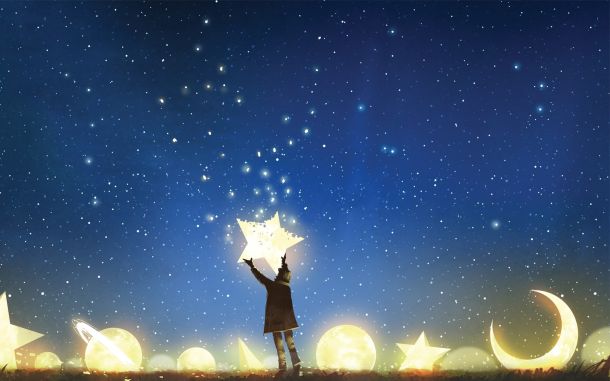Editorial: Seeking Solace from “Cancellation”

Holding abusive people accountable is important, but aren’t we overstepping a bit on this? In our digital age, many of us with a smart phone feel like we have a responsibility to “correct” anyone we disagree with, and we want to do it right away. Yet, the consequences are usually more than we care to calculate: many are unjustly brought to an unrepairable disrepute, many lose their jobs and even their families. In this issue Dr. Lyndsey Eksili covers the “Cancel Culture” phenomenon which “has a tendency to oversimplify and stigmatize and has therefore created a landscape where individuals are defined by their worst moments.” Eksili says this landscape is fostering “a climate of fear and apprehension,” and “have given rise to a host of mental health and social challenges.”
Prophet Joseph was among those who was “cancelled” by his own brothers. As told in holy scriptures, after his brothers cast Joseph into the well, they brought his torn shirt with fake blood to his father as evidence that he was killed by a wolf. Author Joseph Chitwara M.Afr. explains that this is one of the three shirts mentioned in the story of Joseph, and each of them represents a different meaning for us to reflect on today.
Also in this issue is an article about the Quantum world, where our perception of reality is being challenged. Dr. Selim Cakir explains that the certainty in Classical Physics fades away within the realm of the quantum mechanics. Particles exhibit wave-like properties, which means that we cannot claim certainty on its exact nature. Dr. Cakir comments that our human understanding and knowledge remains fundamentally limited, and that “there is a limit within the universe that puts us in a blind position.”
In this life of uncertainty, one place to find solace without fear of “cancellation” is our houses of worship. Fethullah Gülen writes in the lead article how our sanctuaries play a role in our society, especially in the example of his homeland, Anatolia, Turkey. “Places of worship stand as an atlas of faith and religion for those open to the Divine. The sanctuaries continuously echo with the most enchanting poetry and melodies of spiritual ecstasy, hope, and security.”
It is the season of fasting for practicing Muslims. As millions of Muslims will stay away from food and drink during the day for a full month of Ramadan, it is timely to revisit how fasting positively influence our search for solace. Mustafa Ridvan shares research that fasting can be instrumental in the treatment of neurological disorders. It has been shown that fasting helps calm excited brain cells, increases the number of calming substances and decreases those that contribute to brain cell hyperexcitability, boosts ATP production to protect brain cells from seizure-induced damage, and produces ketones which enable brain cells to withstand the stresses of seizures.








